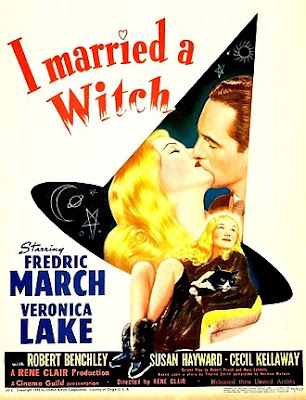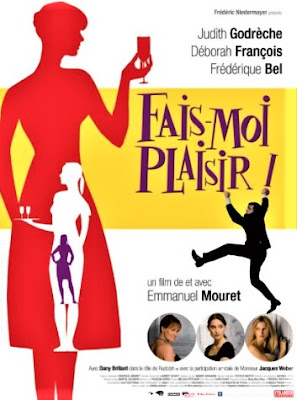Michel Marteron (Jean-Pierre Darroussin) is in his fifties, a welder and union representative for a company having difficulties and which has to shed twenty of its workers. Raoul (Gérard Meylan) is his brother-in-law, fellow worker and childhood friend who can't understand why Michel has unnecessarily included his name in the list of twenty: but Michel is a man of principal and doesn't believe that, as union representative, it should confer privileges on him. He draws his name out and joins the unemployed.
Michel's wife is Marie-Claire (Ariane Ascaride), a home help to the elderly who resigns herself to living with a 'hero', like Spiderman in the Strange comics her husband used to read as a child. Soon after, their thirtieth wedding anniversary is celebrated, with friends and relatives – the pair are grandparents – buying them plane tickets to Tanzania, home of course of Kilimanjaro. (Although Pascal Danel's 1966 song 'Les Neiges du Kilimandjaro' is played there, this film has no relationship to Henry King's 1952 film of the same name, and therefore no relationship to Hemingway's short story on which that film was based.) A substantial sum of money is also included: Michel's old-school politics and integrity are obviously appreciated in post-industrial L'Estaque.
Shortly after, armed robbers break into a belote session at Michel and Marie-Claire's with Raoul and his wife Denise (Marilyne Canto), taking credit cards and Michel's presents. In the scuffle, Michel's shoulder is dislocated and the act traumatises Denise. Via the old comic book that was taken in the robbery, Michel tracks the culprit down and the police arrest him: it's laid off young worker Christophe Brunet (Grégoire Leprince-Ringuet).
Michel undergoes a process of self-examination: is he becoming one of the bougeoisie himself, relaxing on his pre-retirement pay, betraying his own former class? Marie-Claire points out that he's not really bourgeois. Christophe's gun turns out to be a toy and this is his first offence. Raoul doesn't want anything to do with retracting his complaint, and although Michel does, Christophe will still be tried and of course imprisoned.
With the money, Christophe – who has been looking after his fatherless younger brothers – has paid off the family's debts and bought food provisions: he is indeed in a far more precarious situation than Michel. The young brothers risk being claimed by the social services and Michel and Marie-Claire take them in temporarily: the ending is a happy reconciliation of everyone – perhaps a little too sentimental and unbelievable – but a point is being made here. Guédiguian is passionately concerned for the disappearing world of workers' friendship and solidarity, as opposed to the forces of global capitalism which incessantly strive to rule by dividing the working classes. Already, the comfortable retirement cushion that Michel and his generation are now benefitting from is being pulled out from beneath the grasp of younger generations.



























